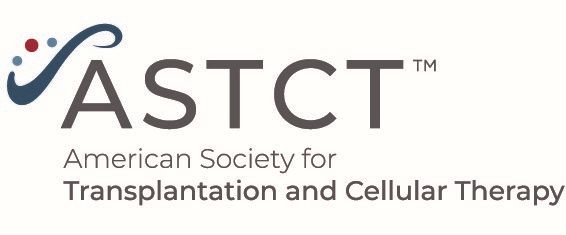
Outcomes of blood and marrow transplantation in children less than 2-years of age: 23 years of experience at a single center

Alex Kadhim investigates outcomes in infant patients who receive blood and marrow transplantation.
In a recent retrospective analysis spanning 23 years, researchers from the King Faisal Specialist Hospital & Research Centre in Saudi Arabia have investigated the outcomes of allogeneic hematopoietic cell transplantation (HCT) in children younger than 2 years of age. The goal of this study was to understand which research areas require better focus to effectively improve clinical practices and understand disparities between disease outcomes and conditions. As there are few studies on transplant-related morbidity in children younger than 3 years of age, these findings have enabled researchers to develop tentative treatment strategies for young children receiving allogeneic HCT who develop graft-versus-host disease (GVHD).
Between 1993 and 2015, 618 patients (median age 0.7 years [range 0.04–2]; 55% male) underwent allogeneic HCT and were included in this study. The majority of patients (73.9%) received bone marrow grafts, and 53.5% received transplant from matched siblings. The most common indications for allogeneic HCT were primary immunodeficiency diseases and inborn errors of metabolism, followed by benign hematological disorders and leukemias and lymphomas. Among all patients, the cumulative incidence of acute GVHD was 31.5% (8.7% grade III–IV) and the five-year overall survival was 70.0 ± 1.9%. There was a significant increase in the five-year OS of patients treated for benign hematological disorders (P = 0.001) and the use of bone marrow grafts was associated with better OS compared with umbilical cord blood transplant (P < 0.001). There was also a significant increase in the rate of grade III–IV aGVHD when the center increased usage of cord blood over marrow (13% vs. 7.3%, P = 0.036). Overall, these findings allow better understanding of which factors influence patient outcomes and allow researchers to develop treatment strategies that can improve overall outcomes.
Reference
Khan S, Siddiqui K, ElSolh H, et al. Outcomes of blood and marrow transplantation in children less than 2-years of age: 23 years of experience at a single center. International Journal of Pediatrics and Adolescent Medicine. 2022. doi:10.1016/j.ijpam.2022.09.002
Newsletter
Stay up to date on recent advances in the multidisciplinary approach to cancer.




































